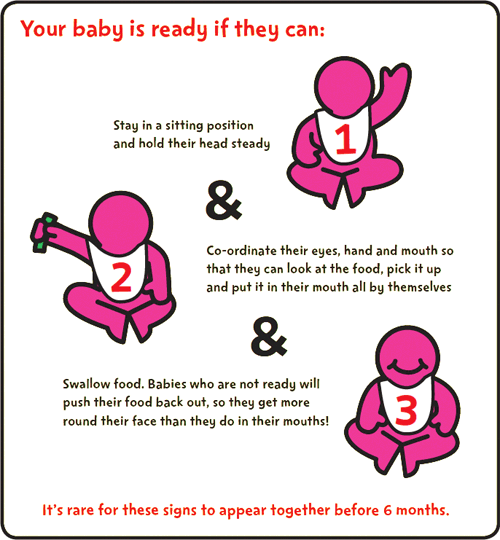How to plan pregnancy
Planning for Pregnancy | Preconception Care
If you are trying to have a baby or are just thinking about it, it is not too early to start getting ready for pregnancy. Preconception health and health care focus on things you can do before and between pregnancies to increase the chances of having a healthy baby. For some people, getting their bodies ready for pregnancy takes a few months. For other people, it might take longer. Whether this is your first, second, or sixth baby, the following are important steps to help you get ready for the healthiest pregnancy possible.
1. Make a Plan and Take Action
Whether or not you’ve written them down, you’ve probably thought about your goals for having or not having children, and how to achieve those goals. For example, when you didn’t want to have a baby, you used effective birth control methods. Now that you’re thinking about getting pregnant, it’s important to take steps to achieve your goal [PDF – 764 KB]—getting pregnant and having a healthy baby!
Make sure you are up to date on preventive services. See which screening tests and vaccines you or your loved ones need to stay healthy.
2. See Your Doctor
Before getting pregnant, talk to your healthcare provider about preconception health care. Your provider will want to discuss your health history and any medical conditions you currently have that could affect a pregnancy. They may want to discuss any previous pregnancy problems, medicines you currently are taking, vaccinations you might need, and steps you can take before pregnancy to help prevent certain birth defects.
Take a list of talking points so you don’t forget anything. Be sure to talk to your doctor about:
Medical Conditions
If you currently have any medical conditions, be sure they are under control and being treated. Some of these conditions include: sexually transmitted diseases (STDs), diabetes, thyroid disease, high blood pressure, and other chronic diseases.
Lifestyle and Behaviors
Talk with your healthcare provider if you
- smoke, drink alcohol, or use certain drugs;
- live in a stressful or abusive environment; or
- work with or live around toxic substances.

Health-care professionals can help you with counseling, treatment, and other support services.
Medications
Almost every pregnant person will face a decision about taking medicines before and during pregnancy. Talk to your healthcare providers before starting or stopping any medicines. Be sure to discuss the following with your healthcare providers:
- All medicines you take, including prescriptions, over-the-counter medicines, herbal and dietary supplements, and vitamins
- Best ways to keep any health conditions you have under control
- Your personal goals and preferences for the health of you and your baby
Vaccinations (shots)
Most vaccines are safe during pregnancy and some, such as the flu vaccine and Tdap (adult tetanus, diphtheria and acellular pertussis vaccine), are specifically recommended during pregnancy. Learn about vaccinations during pregnancy and learn more about COVID-19 vaccines while pregnant or breastfeeding.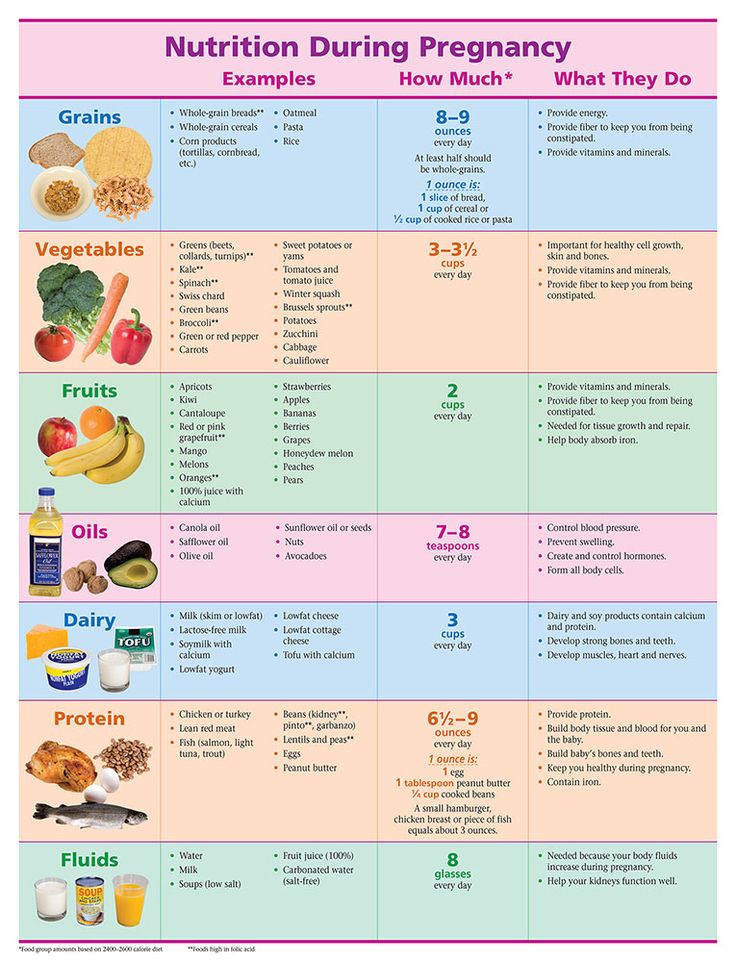 Having the right vaccinations at the right time can help keep you healthy and help protect your baby from some diseases during the first few months of life.
Having the right vaccinations at the right time can help keep you healthy and help protect your baby from some diseases during the first few months of life.
3. Get 400 Micrograms of Folic Acid Every Day
Folic acid is a B vitamin. Having enough folic acid in your body at least 1 month before and during pregnancy can help prevent major birth defects of the developing baby’s brain and spine (anencephaly and spina bifida). CDC urges all people who can become pregnant to get 400 micrograms (mcg) of folic acid each day, from fortified foods or supplements, or a combination of the two, in addition to a varied diet rich in folate.
Learn more about folic acid »
4. Stop Drinking Alcohol, Smoking, and Using Certain Drugs
Smoking, drinking alcohol, and using certain drugs can cause many problems during pregnancy, such as premature birth, birth defects, and infant death.
If you are trying to get pregnant and cannot stop drinking, smoking, or using drugs, contact your healthcare provider, local Alcoholics Anonymous, or local alcohol treatment center.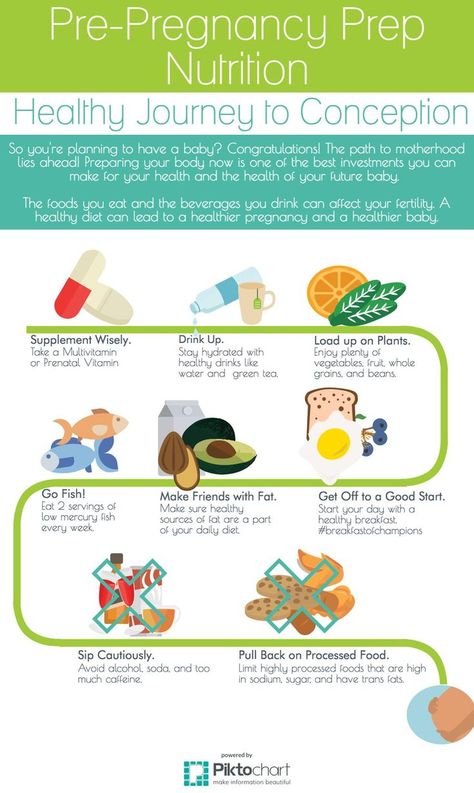
Alcohol and Drug Resources
Substance Abuse Treatment Facility Locator
The Substance Abuse and Mental Health Services Administration (SAMHSA) has a treatment facility locator. This locator helps people find drug and alcohol treatment programs in their area.
Alcoholics Anonymous (A.A.)
Alcoholics Anonymous® is a fellowship of people who come together to solve their drinking problem. Membership is open to anyone who wants to do something about their drinking problem. A.A.’s primary purpose is to help alcoholics to achieve sobriety. Locate an A.A. program near you.
Learn more about alcohol and pregnancy »
Smoking Resources
1-800-QUIT-NOW (1-800-784-8669)
Learn more about smoking during pregnancy »
5. Avoid Toxic Substances and Environmental Contaminants
Avoid harmful chemicals, environmental contaminants, and other toxic substances such as synthetic chemicals, some metals, fertilizer, bug spray, and cat or rodent feces around the home and in the workplace. These substances can hurt the reproductive systems of men and women. They can make it more difficult to get pregnant. Exposure to even small amounts during pregnancy, infancy, childhood, or puberty can lead to diseases. Learn how to protect yourself and your loved ones from toxic substances at work and at home.
These substances can hurt the reproductive systems of men and women. They can make it more difficult to get pregnant. Exposure to even small amounts during pregnancy, infancy, childhood, or puberty can lead to diseases. Learn how to protect yourself and your loved ones from toxic substances at work and at home.
Learn about the effects of toxic substances on reproductive health »
Learn how CDC tracks Children’s Environmental Health »
6. Reach and Maintain a Healthy Weight
People who are overweight or obese have a higher risk for many serious conditions, including complications during pregnancy, heart disease, type 2 diabetes, and certain cancers (endometrial, breast, and colon).1 People who are underweight are also at risk for serious health problems.2
The key to achieving and maintaining a healthy weight isn’t about short-term dietary changes. It’s about a lifestyle that includes healthy eating and regular physical activity.
If you are underweight, overweight, or obese, talk with your doctor about ways to reach and maintain a healthy weight before you get pregnant.
Learn more about healthy weight »
7. Learn Your Family History
Collecting your family’s health history can help you identify factors that might affect your baby during infancy or childhood or your ability to become pregnant. You might not realize that your sister’s heart defect or your cousin’s sickle cell disease could affect your baby, but sharing this family history information with your doctor can be important.
Based on your family health history, your doctor might refer you for genetic counseling. Other reasons for genetic counseling include having had several miscarriages, infant deaths, or trouble getting pregnant (infertility), or having a genetic condition or birth defect that occurred during a previous pregnancy.
Learn more about family history »
Learn more about genetic counseling »
8. Get Mentally Healthy
Mental health is how we think, feel, and act as we cope with life. To be at your best, you need to feel good about your life and value yourself. Everyone feels worried, anxious, sad, or stressed sometimes. However, if these feelings do not go away and they interfere with your daily life, get help. Talk with your healthcare provider about your feelings and treatment options.
Everyone feels worried, anxious, sad, or stressed sometimes. However, if these feelings do not go away and they interfere with your daily life, get help. Talk with your healthcare provider about your feelings and treatment options.
Learn about mental health »
Learn about depression »
References
- NIH, NHLBI Obesity Education Initiative. Clinical Guidelines on the Identification, Evaluation, and Treatment of Overweight and Obesity in Adults. Available online:
http://www.nhlbi.nih.gov/guidelines/obesity/ob_gdlns.pdf (PDF-1.25Mb) - Moos, Merry-K, et al. Healthier women, healthier reproductive outcomes: recommendations for the routine care of all women of reproductive age. AJOG Volume 199, Issue 6, Supplement B , Pages S280-S289, December 2008.
Planning your pregnancy - NHS
You can improve your chances of getting pregnant and having a healthy pregnancy by following the steps on this page.
Take a folic acid supplement
It's recommended that you should take a daily supplement of folic acid when you're pregnant, or there's a chance you might get pregnant.
You should take a 400 microgram supplement of folic acid every day before you get pregnant, and every day afterwards, up until you're 12 weeks pregnant.
A microgram is 1,000 times smaller than a milligram (mg). The word microgram is sometimes written with the Greek symbol μ followed by the letter g (μg).
Folic acid reduces the risk of your baby having a neural tube defect, such as spina bifida.
A neural tube defect is when the foetus's spinal cord (part of the body's nervous system) does not form normally.
You might be advised to take a higher dose supplement of 5 milligram (5mg) every day.
You may need to take a 5mg supplement of folic acid if:
- you or the baby's other biological parent have a neural tube defect
- you previously had a pregnancy affected by a neural tube defect
- you or the baby's other biological parent have a family history of neural tube defects
- you have diabetes
- you take anti-epilepsy medicine
Talk to a GP if you think you need a 5mg dose of folic acid, as they can prescribe a higher dose.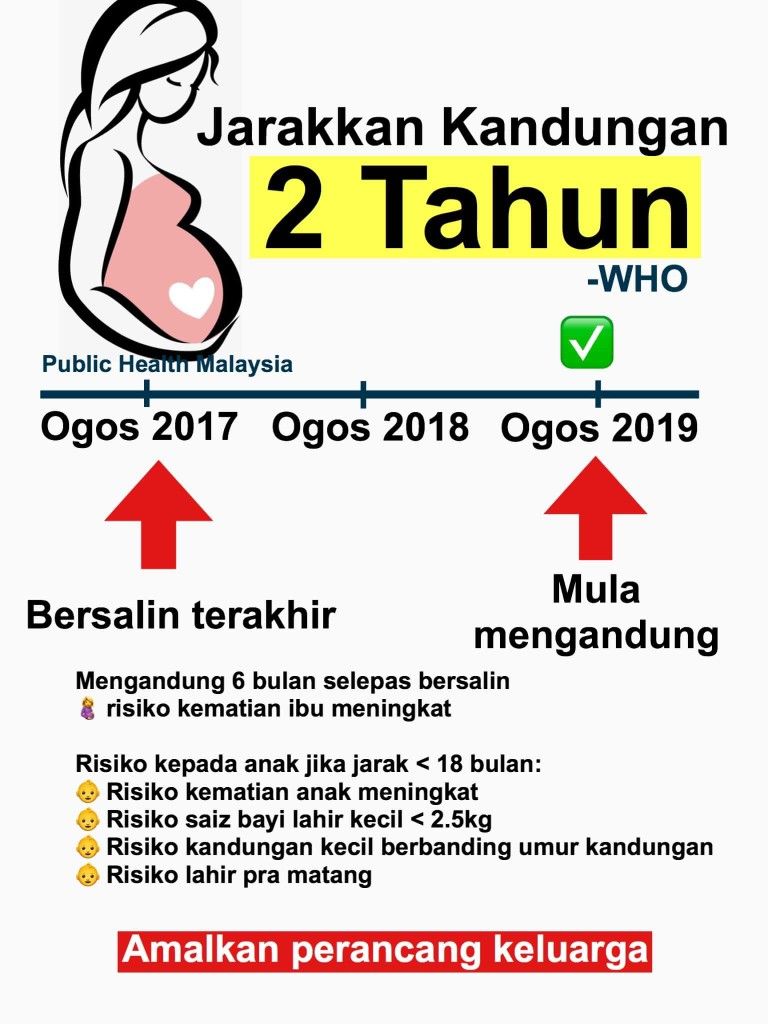
You can get folic acid tablets at pharmacies, or talk to a GP about getting a prescription.
Do not worry if you get pregnant unexpectedly and were not taking a folic acid supplement at the time. Start taking them as soon as you find out, until you're past the first 12 weeks of pregnancy.
Stop smoking
Smoking during pregnancy has been linked to a variety of health problems, including:
- premature birth
- low birth weight
- sudden infant death syndrome (SIDS), also known as cot death
- miscarriage
- breathing problems or wheezing in the first 6 months of life
Quitting can be hard, no matter how much you want to, but support is available.
NHS Smokefree offers free help, support and advice on stopping smoking, including when you're pregnant, and can give you details of local support services.
Smoke from other people's cigarettes can damage your baby, so ask your partner, friends and family not to smoke near you.
Cut out alcohol
Do not drink alcohol if you're pregnant or trying to get pregnant. Alcohol can be passed to your unborn baby.
Drinking in pregnancy can lead to long-term harm to your baby, and the more you drink, the greater the risk.
Find out about alcohol and pregnancy, alcohol units and tips for cutting down.
Keep to a healthy weight
If you're overweight, you may have problems getting pregnant and fertility treatment is less likely to work.
Being overweight (having a BMI over 25) or obese (having a BMI over 30) also raises the risk of some pregnancy problems, such as high blood pressure, deep vein thrombosis, miscarriage and gestational diabetes.
Before you get pregnant you can use the BMI healthy weight calculator to find out your BMI. But this may not be accurate once you're pregnant, so consult your midwife or doctor.
Having a healthy diet and doing moderate exercise are advised in pregnancy, and it's important not to gain too much weight.
You can keep to a healthy weight by having a balanced diet and doing regular exercise.
Know which medicines you can take
Not all medicines are safe to take when you're pregnant or planning a pregnancy, whether they're on prescription or medicines you can buy in a pharmacy or shop.
Information:
If you take prescribed medicine and you're planning to get pregnant, talk to a doctor.
Do not stop taking your medicine without talking to a doctor.
Find out about medicines in pregnancy.
Vaccinations and infections
Some infections, such as rubella (German measles), can harm your baby if you catch them during pregnancy.
Most people in the UK are immune to rubella, thanks to the uptake of the measles, mumps and rubella (MMR) vaccination.
If you have not had 2 doses of the MMR vaccine, or you're not sure if you have, ask your GP surgery to check your vaccination history.
If you have not had both doses or there's no record available, you can have the vaccinations at your GP surgery.
You should avoid getting pregnant for 1 month after having the MMR vaccination, which means you'll need a reliable method of contraception.
Talk to a doctor if you have a long-term condition
If you have a long-term condition, such as epilepsy or diabetes, it could affect the decisions you make about your pregnancy – for example, where you might want to give birth.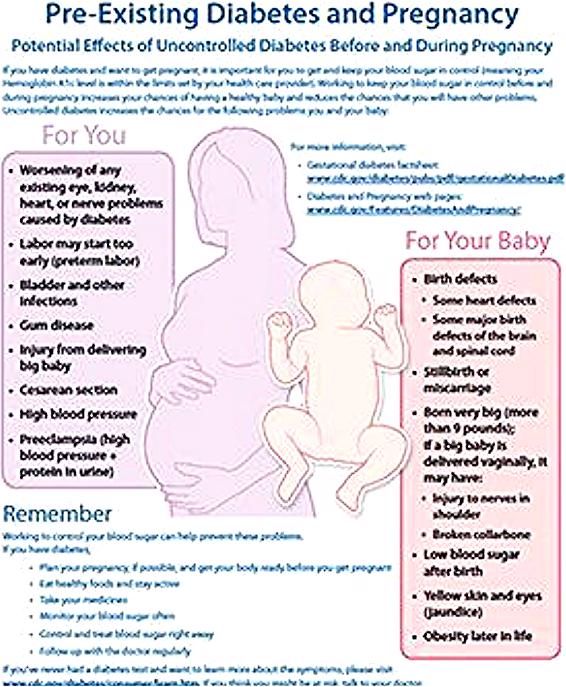
Before you get pregnant, have a discussion with your specialist or a GP about getting pregnant.
If you're taking medicine for a condition, do not stop taking it without talking to a doctor.
Testing for sickle cell and thalassaemia
Sickle cell disease (SCD) and thalassaemia are inherited blood disorders that mainly affect people whose ancestors come from Africa, the Caribbean, the Mediterranean, India, Pakistan, south and Southeast Asia, and the Middle East.
If you are pregnant and live in England you will be offered screening tests for these disorders, but you do not have to wait until you're pregnant before you have a test.
If you or your partner are concerned you may be a carrier for 1 of these disorders, perhaps because someone in your family has a blood disorder or is a carrier, it's a good idea to get tested before starting a family.
You can ask for a free blood test from either a GP or a local sickle cell and thalassaemia centre.
Find out more about screening for sickle cell and thalassaemia in pregnancy
How to plan a pregnancy and what tests women and men need to take
Pregnancy planning (preconception preparation) is a set of preventive measures aimed at reducing the risk of having a child with congenital diseases, as well as reducing the number of complications during pregnancy and childbirth in a future mother. It is advisable to start preparing for pregnancy 3-4 months before the planned conception and follow the recommendations for future Advice for a future mother.
Start taking care of your health a few months before conception. Visit doctors in advance to avoid unnecessary problems during pregnancy. During the bearing of a child, it is more difficult to be treated - the choice of drugs and diagnostic methods is limited. & nbsp;
& nbsp;
1. Strengthen your health, temper yourself, avoid stress, walk more - fast walking will increase endurance. Start the day with calisthenics, with special emphasis on ab work.
2. It is advisable to stop taking hormonal contraceptives within three months. The same applies to the intrauterine device, since the endometrium (the inner layer of the uterus where the embryo is attached) needs to recover. Please note: in the first cycle after the abolition of oral contraceptives, the possibility of multiple pregnancy becomes higher, which increases the risks for the expectant mother.
3. Avoid sauna and overheating 2-3 months before conception.
4. Two or three months before conception, try to exclude alcoholic beverages. Follow your diet. Don't overeat. Eat fresh vegetables and fruits daily. The main vitamin for mom is vitamin B9 (folic acid). Its deficiency can lead to mental retardation of the unborn child, the formation of a cleft lip, a neural tube defect and other anomalies, as well as provoke various pathologies and even the loss of a child. Vitamin B9found in green vegetables, greens, bananas, orange juice, liver, chicken meat (note: most of it is destroyed by heat treatment). The required daily dose of this vitamin when planning a pregnancy is 400 mg, and if you start taking it 2 months before pregnancy, the deficiency in the body will be replenished. But only the doctor will determine the exact dosage.
Vitamin B9found in green vegetables, greens, bananas, orange juice, liver, chicken meat (note: most of it is destroyed by heat treatment). The required daily dose of this vitamin when planning a pregnancy is 400 mg, and if you start taking it 2 months before pregnancy, the deficiency in the body will be replenished. But only the doctor will determine the exact dosage.
5. Get preventive check-ups from doctors.
">Mom and Advice for dad-to-be.
The health of the unborn baby depends on the lifestyle and habits of the parents. Take pregnancy planning seriously and prepare in advance.
1. If possible, avoid smoking and alcohol (even soft drinks, such as beer and cocktails). Do not abuse strong coffee, include fresh vegetables and fruits in your daily diet. The main vitamin for dad is vitamin B9 (folic acid). It helps to significantly improve the quality of sperm and the chance of conceiving a healthy child increases.
2. Strengthen your health and immunity with moderate physical activity - visit the pool or gym. Try:
Strengthen your health and immunity with moderate physical activity - visit the pool or gym. Try:
• avoid a sedentary lifestyle so that there is no stagnation of blood in the pelvic area;
• do not overheat the testicles and do not wear tight underwear;
• avoid strenuous exercise;
• do not work with a laptop on your lap;
• Do not put your mobile phone in your front pockets.
3. During the planning of pregnancy, it is necessary to protect yourself from colds. Antibiotics and strong medicines - only as prescribed by a doctor.
4. Pass preventive examinations with doctors, even if you consider yourself absolutely healthy.
">dad.
How to prepare for conception?
Pregnancy planning is really necessary, especially in our time, when a healthy woman is the exception rather than the rule. Not to mention the fact that pregnancy is a serious test for the body of even a perfectly healthy woman.
It can be said that entering into pregnancy without preliminary preparation for it is the same as flying on an airplane that has not been checked in advance: maybe it will cost, or maybe not. Of course, aircraft are tested before each flight. So why does a woman, ready to give birth to a new human being, not always conduct a similar check of her body? After all, the price of her neglect of herself and her health can be the life of the unborn child.
The process of preparing for pregnancy is quite complex and includes several stages. It is worth starting planning a few months (at least three) before the time when the couple intends to conceive a baby.
And at the stage of pregnancy planning , it is necessary to understand that the bearing and birth of a baby is not a woman's business, but a married couple's. Therefore, the active participation of the father in planning pregnancy is extremely necessary and important for himself, and for his wife, and for the unborn baby.
Without the help of doctors, it will not be possible to manage even at this stage. A visit to the gynecologist will allow you to identify possible diseases and treat them in a timely manner. After the first appeal, future parents undergo several examinations and pass certain tests in order to find out how ready their bodies are for conceiving a baby, as well as to prevent possible problems when carrying a child. The gynecologist will tell you what to do if, before planning a pregnancy, a woman was protected with hormonal contraceptives. It is necessary to stop taking hormonal contraceptives 3 months before the planned pregnancy.
It is important for a future mother to understand that only a healthy woman can bear and give birth to a healthy baby. In this regard, you need to start taking care of your own health long before conception. Good physical shape, the absence of diseases, proper nutrition and the rejection of bad habits, hygiene and a measured lifestyle - all this has a beneficial effect on the female body and subsequently makes it easier to endure pregnancy. However, not all vitamins can be obtained from food. For example, the body can only obtain folic acid in an artificial form, since its counterpart (folate), found in green vegetables, beans, asparagus, and citrus fruits, is much less absorbed. Folic acid is very important for the development of the baby to take place correctly, and the need for its intake exists throughout pregnancy. If the mother's body during the bearing of the child receives a sufficient amount of this substance, then the risk of pathology from the nervous system is minimized.
However, not all vitamins can be obtained from food. For example, the body can only obtain folic acid in an artificial form, since its counterpart (folate), found in green vegetables, beans, asparagus, and citrus fruits, is much less absorbed. Folic acid is very important for the development of the baby to take place correctly, and the need for its intake exists throughout pregnancy. If the mother's body during the bearing of the child receives a sufficient amount of this substance, then the risk of pathology from the nervous system is minimized.
What tests should a married couple undergo
before planning a pregnancy?
- Gynecological examination, colposcopy for women.
- Blood group, Rh factor for both spouses. If a woman has a positive Rh factor, there is no problem. If a woman has a negative Rh factor - antibodies to the Rh factor (even if a man is also negative). If they are positive, pregnancy is not currently possible and needs to be corrected.
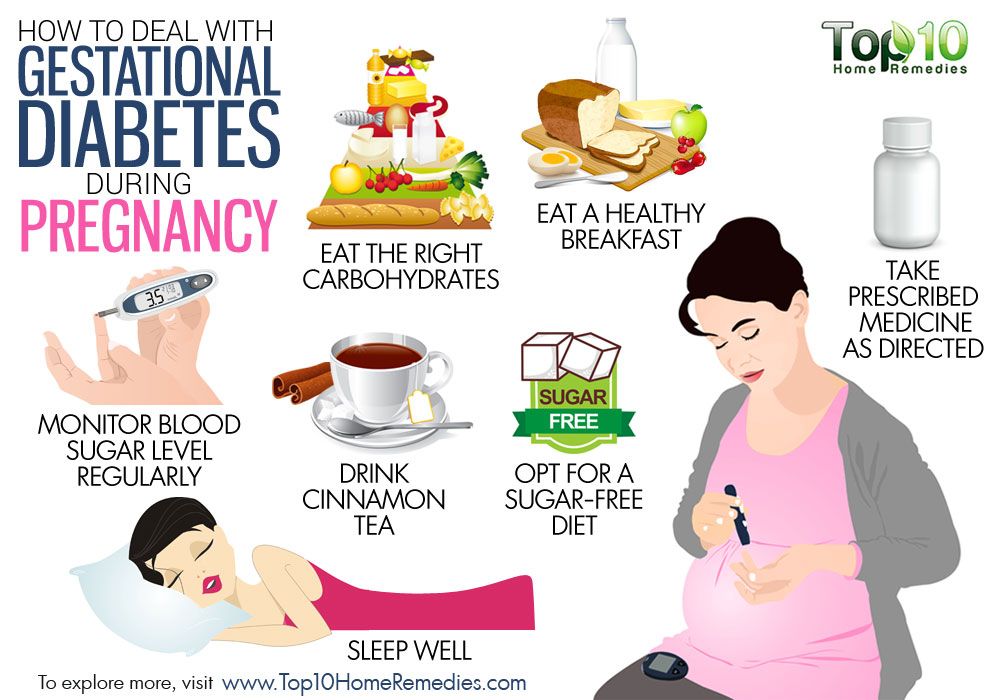 If negative - repeat this analysis once a month, starting from 8 weeks of pregnancy. If a woman has 1 group, and a man has any other group, incompatibility by blood types is possible. An analysis for group antibodies, as well as an analysis for antibodies to the Rh factor, is carried out once a month, starting from 8 weeks of pregnancy.
If negative - repeat this analysis once a month, starting from 8 weeks of pregnancy. If a woman has 1 group, and a man has any other group, incompatibility by blood types is possible. An analysis for group antibodies, as well as an analysis for antibodies to the Rh factor, is carried out once a month, starting from 8 weeks of pregnancy. - Tests for infections: routine smear, PCR for latent infections - both spouses.
- Blood test for TORCH-complex. Antibodies to rubella, toxoplasma, herpes, CMV, chlamydia - quantitative analysis (with titer). The presence of IgG antibodies means immunity to these infections, and is not an obstacle to pregnancy. The presence of IgM means an acute stage, planning in this case must be postponed until recovery. If there are no IgG antibodies to rubella, it is necessary to be vaccinated and protected for another 3 months after it.
- A trip to the dentist, a therapist, chest x-ray is a must for both spouses. By appointment of the therapist - consultation of narrow specialists (ENT doctor, urologist, endocrinologist, cardiologist, gastroenterologist).

- Spermogram. Desirable, but not required. It is done to determine the quality of spermatozoa and identify a hidden inflammatory process (a much more informative analysis than any smears and PCR).
- Ultrasound of the pelvic organs - at least 2 times per cycle: after menstruation and before menstruation. For the first time, the general condition of the pelvic organs is assessed, in the second, the presence of a corpus luteum and endometrial transformation, indicating that ovulation has occurred. Ideally, an intermediate third ultrasound on the eve of the expected ovulation is to detect the dominant follicle.
- Blood test for hormones of the reproductive system, thyroid gland, adrenal glands - according to indications.
- Ultrasound of the thyroid gland, mammary glands - according to indications.
- Hemostasiogram, coagulogram. - according to indications.
- General clinical blood test (hemoglobin, erythrocytes, leukocytes, platelets, ESR, color index, leukocyte formula).










